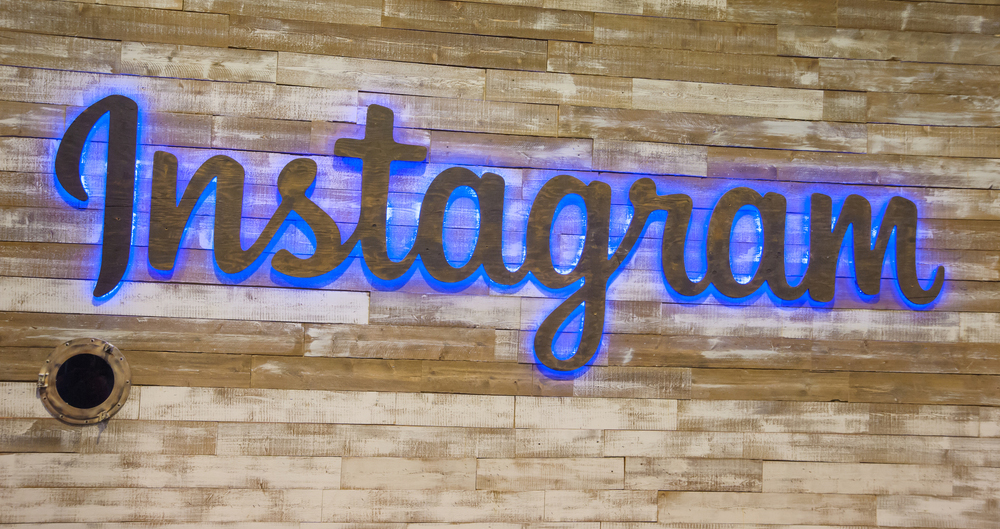Noah Lamfers, a senior at the University of Northern Iowa, US, had never tried a 5-Hour Energy drink. But he still signed up to promote the brand online, getting paid to post images of himself and bottles of it on his Facebook, Instagram and Snapchat accounts.
Elizabeth Gabriel, a recent graduate of the University of Texas, posted a photo on Instagram of herself relaxing in her last year with a glass of wine and gazing at the latest Samsung tablet. It was one of 12 similar photos she posted over 12 weeks. Her payment: a Samsung Galaxy smartwatch and an Apple TV.
Alana Clark, a 21-year-old senior at Virginia Tech, is one of more than 200 college students across the country using their Instagram accounts to promote Victoria’s Secret Pink sportswear and undergarments. She also hands out free underwear on the quad.
Paying college students to push products is nothing new for companies. But now, like so much in the advertising world, the big action is online. Students are constantly checking their Instagram, Snapchat and other social media accounts — so companies are turning to many of them to promote products right alongside photos of family, friends and the new puppy. For busy students, it is an easy way to make extra money or get free products.
Though there are no comprehensive data for how many college students promote brands online, interviews with university officials, marketing consultants, brand representatives and students make it clear that the social media platform is big business on campus. Many of the deals are for Instagram posts, but some brands also have students posting on Twitter and Facebook.
Riddle & Bloom, a marketing agency specialising in building “meaningful relationships with millennial and Gen Z consumers”, employs students from more than 500 schools in all 50 [US] states, according to its website. On the Victoria’s Secret website, you can search for the names of its representatives at 100 campuses. At Virginia Tech, as many as 1,000 of the 30,000 undergrads are being paid to promote products as varied as mascara and storage bins, according to an estimate by Donna Wertalik, director of marketing for the university’s Pamplin College of Business.

Companies use numerous methods to select campus influencers. Sometimes the students apply directly to the marketing agencies; sometimes the marketers identify the students. Thinkstock /Sabyasachi Kundu
Wertalik oversees a student-run ad agency called Prism. Of the 45 undergrads employed there, she estimated, half are paid to promote products on Instagram. Companies outline expectations for what the sponsored posts should include, such as specific hashtags or promotions for particular items. Many also ask students to hold or attend events.
Isabel Senior, a student at Duke University, worked for LaCroix, the sparkling water company. Each week for six weeks, she had to post one Instagram photo, one Instagram story and one post on a platform like Facebook or Snapchat. She also gave out cans of LaCroix at campus events like five-kilometre races and concerts.
Every Sunday, Senior had to send in a form with three photos from her weekly sampling event, along with screenshots of her posts. The company paid her in money and LaCroix products, and if she didn’t complete a task , she said, it docked some of the pay.
Payments to campus influencers appear to vary widely, from cash to merchandise, and brands say little about them. Riddle & Bloom’s website says it pays out a total of $2 million to its campus representatives, but during an interview, its president, Darren Ross, would not confirm the website’s numbers.
Companies use numerous methods to select campus influencers. Sometimes the students apply directly to the marketing agencies; sometimes the marketers identify the students. Students can go to the Riddle & Bloom website and apply for one of the 2,000 “internships,” which last for a semester. Senior heard about Riddle & Bloom through a sorority sister, who posted a link to the online application in their sorority group chat. And sometimes, students have no idea how they were selected.
Gabriel said she hadn’t considered being a brand ambassador until, out of the blue, AT&T reached out to her via direct message on Instagram. She attributed the company’s interest to the down-to-earth photos she posts and the number of comments she gets. “My follower-to-like ratio is probably something that caught their eye,” she said.

